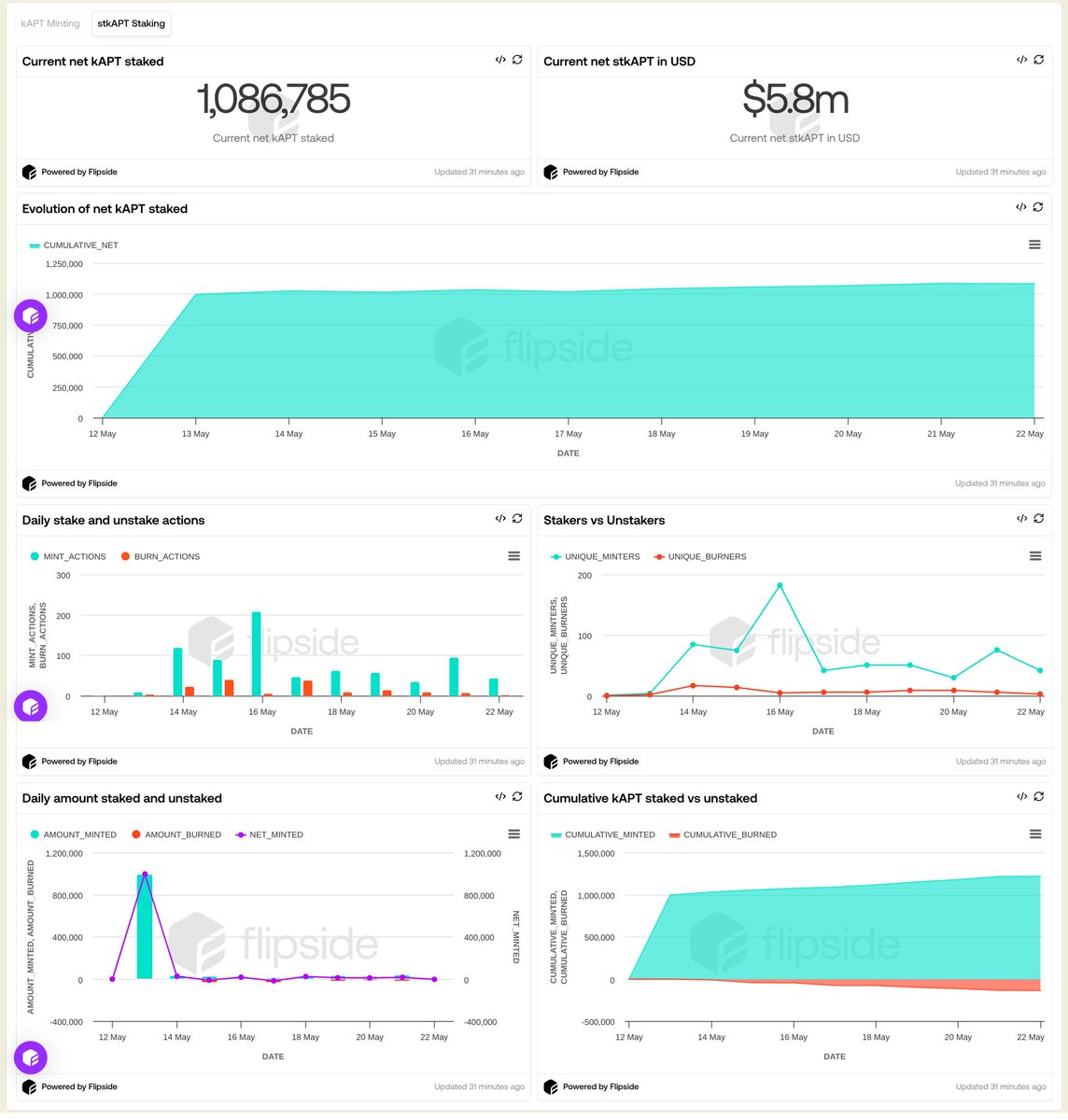Exploring the Transformative Role of AI in Modern Technology and Society
—
Opening the Door to AI’s Expanding Universe
Artificial Intelligence (AI) is no longer the stuff of science fiction — it’s woven deeply into the fabric of our daily lives, reshaping how we work, interact, and solve problems. From simple automation tasks to powering complex decision-making, AI technologies have progressed rapidly in recent years. But what exactly makes AI such a transformative force, and where is it heading? Let’s unpack the layers of AI’s impact through technological advances, societal shifts, and future potential.
—
Demystifying AI: More Than Just Algorithms
At its core, AI involves creating systems that can perform tasks typically requiring human intelligence, such as learning, reasoning, perception, and language understanding. While machine learning—a method where AI learns from data—is a well-known subset, AI’s reach extends beyond, incorporating:
– Natural Language Processing (NLP): Allows machines to understand and generate human language, enabling chatbots, virtual assistants, and translation tools.
– Computer Vision: Empowers machines to interpret images and videos, crucial for facial recognition, medical imaging, and autonomous vehicles.
– Reinforcement Learning: AI learns optimal strategies through trial and error, applied in gaming, robotics, and complex problem-solving.
These various techniques collectively drive the intelligence behind applications we often take for granted.
—
AI in Action: Transforming Industries and Experiences
Healthcare’s New Frontier
AI’s role in healthcare is nothing short of revolutionary. Consider how algorithms now assist in diagnosing diseases by analyzing medical scans faster and sometimes more accurately than human specialists. AI also accelerates drug discovery by sifting through vast chemical datasets to identify promising compounds, significantly reducing development timelines.
Moreover, personalized medicine is emerging, where AI processes genetic and lifestyle data to tailor treatments to individual patients, promising better outcomes and minimized risks.
Revolutionizing Business and Automation
In the business realm, AI optimizes operations by automating routine tasks like data entry or customer support, freeing human workers to focus on creative and strategic efforts. Predictive analytics powered by AI helps companies forecast trends, manage supply chains, and understand customer behavior with stunning precision.
AI-driven recommendation engines also personalize user experiences, making digital platforms—from streaming services to online stores—more engaging and tailored to individual preferences.
Enhancing Creativity and Content Generation
Perhaps surprisingly, AI is venturing into creative terrain. Generative models can compose music, write stories, create artwork, and even develop video game environments. These tools augment human creativity by offering fresh ideas, speeding up production, or creating entirely new forms of art.
—
Societal Reflections: Benefits, Challenges, and Ethics
AI brings undeniable benefits, but with power comes responsibility. The societal integration of AI prompts essential discussions around several themes:
– Job Displacement vs. Augmentation: Automation may shift job landscapes, replacing some tasks but also spawning new roles that require different skills.
– Bias and Fairness: AI systems trained on biased data can perpetuate or even amplify inequalities, highlighting the need for transparent and fair algorithms.
– Privacy and Security: The vast data AI consumes raises concerns over user privacy and the potential misuse of sensitive information.
– Accountability: When AI systems make critical decisions—be it loan approvals or medical diagnoses—understanding who’s accountable remains complex.
Balancing these challenges against AI’s advantages is a central task for policymakers, technologists, and society at large.
—
Looking Ahead: The Future Trajectory of AI
The horizon of AI promises even more profound changes. Advances in explainable AI will help demystify decision-making processes, making AI more trustworthy and user-friendly. Combining AI with quantum computing might unlock problem-solving capacities beyond current imagination.
Furthermore, AI could catalyze new ways to address global issues such as climate change, by optimizing energy consumption patterns or predicting environmental phenomena. The rise of AI-human collaboration suggests a future where machines complement human intuition rather than replace it.
However, this future also demands continuous dialogue, ethical foresight, and inclusive innovation to ensure AI benefits humanity widely.
—
Closing Thoughts: Embracing the AI Revolution with Insight
AI’s story is still being written, offering a blend of extraordinary opportunity and profound responsibility. Its evolution challenges us to rethink roles, relationships, and what it means to be intelligent and creative. By navigating AI’s potentials and pitfalls with curiosity and care, society can harness its power to unlock new frontiers that enrich lives and expand horizons.
Whether as a tool in our hands or a partner in innovation, AI stands as one of the defining forces shaping our world — a catalyst for change that invites each of us to imagine and build a smarter tomorrow.
—
Sources
– Stanford AI Index Report
– MIT Technology Review: The State of AI
– World Economic Forum: AI in Society
– OpenAI: Research and Developments





